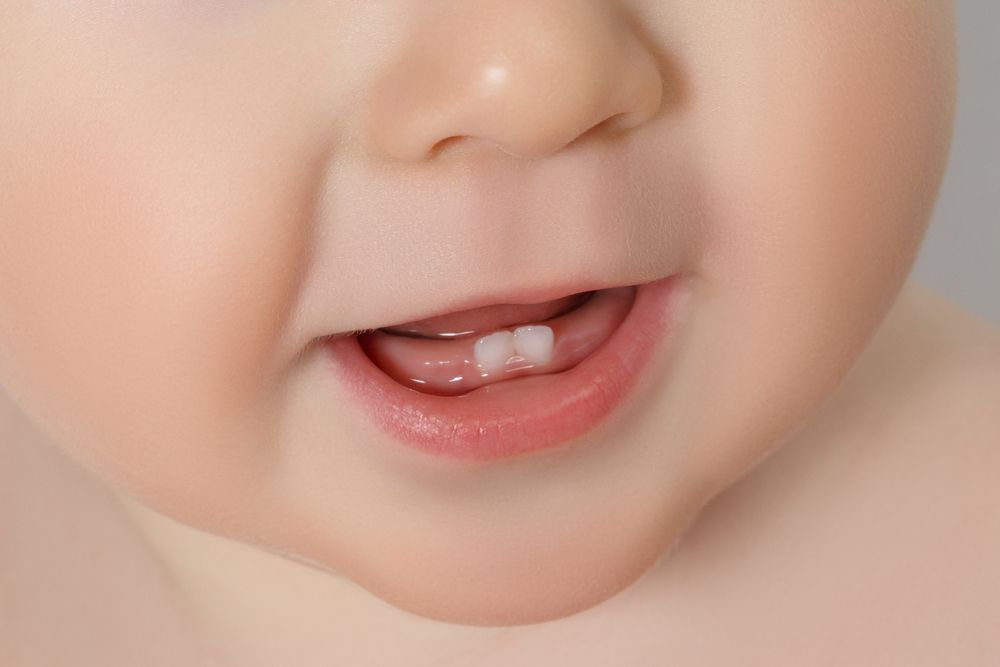Teething in babies is a natural developmental stage where a baby's first teeth start to emerge through the gums. This process can be uncomfortable for babies and challenging for parents. Here's a detailed look at the symptoms and remedies for teething in babies:
Symptoms of Teething
1. Drooling:
- Increased saliva production, leading to more drooling.
2. Chewing and Biting:
- Babies may chew on toys, fingers, or other objects to alleviate gum discomfort.
3. Irritability and Fussiness:
- Increased crankiness due to gum pain and discomfort.
4. Swollen or Tender Gums:
- Gums may appear red, swollen, and tender to the touch.
5. **Sleep Disturbances**:
- Discomfort can lead to disrupted sleep patterns.
6. Loss of Appetite:
- Babies may eat less because of gum pain.
7. Ear Pulling and Cheek Rubbing:
- Babies might pull at their ears or rub their cheeks, as the pain from teething can radiate to these areas.
8. Mild Fever:
- Some babies may experience a slight increase in temperature, though high fever is not typical and should be checked by a doctor.
### Remedies for Teething
1. Teething Toys:
- Provide safe, chewable teething rings or toys to help massage the gums.
- Chilling these toys in the refrigerator can provide extra soothing relief (avoid freezing as it can cause more harm than good).
2. Cold Washcloth:
- A clean, damp washcloth chilled in the refrigerator can be given to the baby to chew on.
3. Gum Massage:
- Gently rubbing the baby's gums with a clean finger can help alleviate discomfort.
4. Teething Biscuits:
- Hard, unsweetened teething biscuits can be offered to older babies to chew on.
5. Cold Foods:
- For babies already eating solids, cold purees, applesauce, or yogurt can be soothing.
6. Pain Relief:
- Over-the-counter pain relief medications like infant acetaminophen or ibuprofen can be used if necessary (always follow the dosing instructions and consult with a pediatrician first).
7. Distraction:
- Engaging the baby with activities, toys, or a change of scenery can sometimes help take their mind off the discomfort.
8. Teething Gels:
- Some parents use over-the-counter teething gels, but these should be used with caution and under a pediatrician's advice due to potential risks from certain ingredients.
Additional Tips
- Maintain Oral Hygiene: Even before teeth emerge, wipe the baby’s gums with a clean, damp cloth after feedings to keep the mouth clean.
- Monitor for Other Symptoms: Teething should not cause severe symptoms like high fever, diarrhea, or a rash. If these occur, it's essential to consult a healthcare provider as they may indicate another issue.
- Stay Calm and Patient: Teething can be a trying time for both babies and parents. Maintaining a calm and comforting presence can help soothe a distressed baby.
By understanding the symptoms and using appropriate remedies, parents can help their babies navigate the teething process more comfortably. If concerns arise, it’s always best to consult with a pediatrician for guidance.






Comments